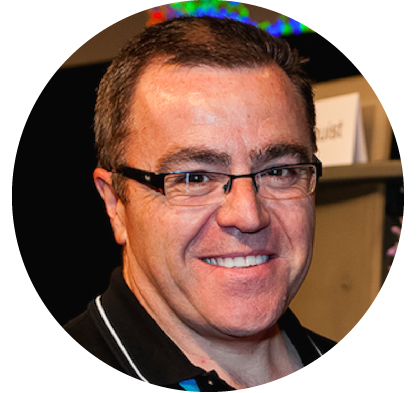
Seamus Martin, PhD
Smurfit Professor of Medical Genetics
Email: martinsj@tcd.ie
Tel: +353 1 896 1289
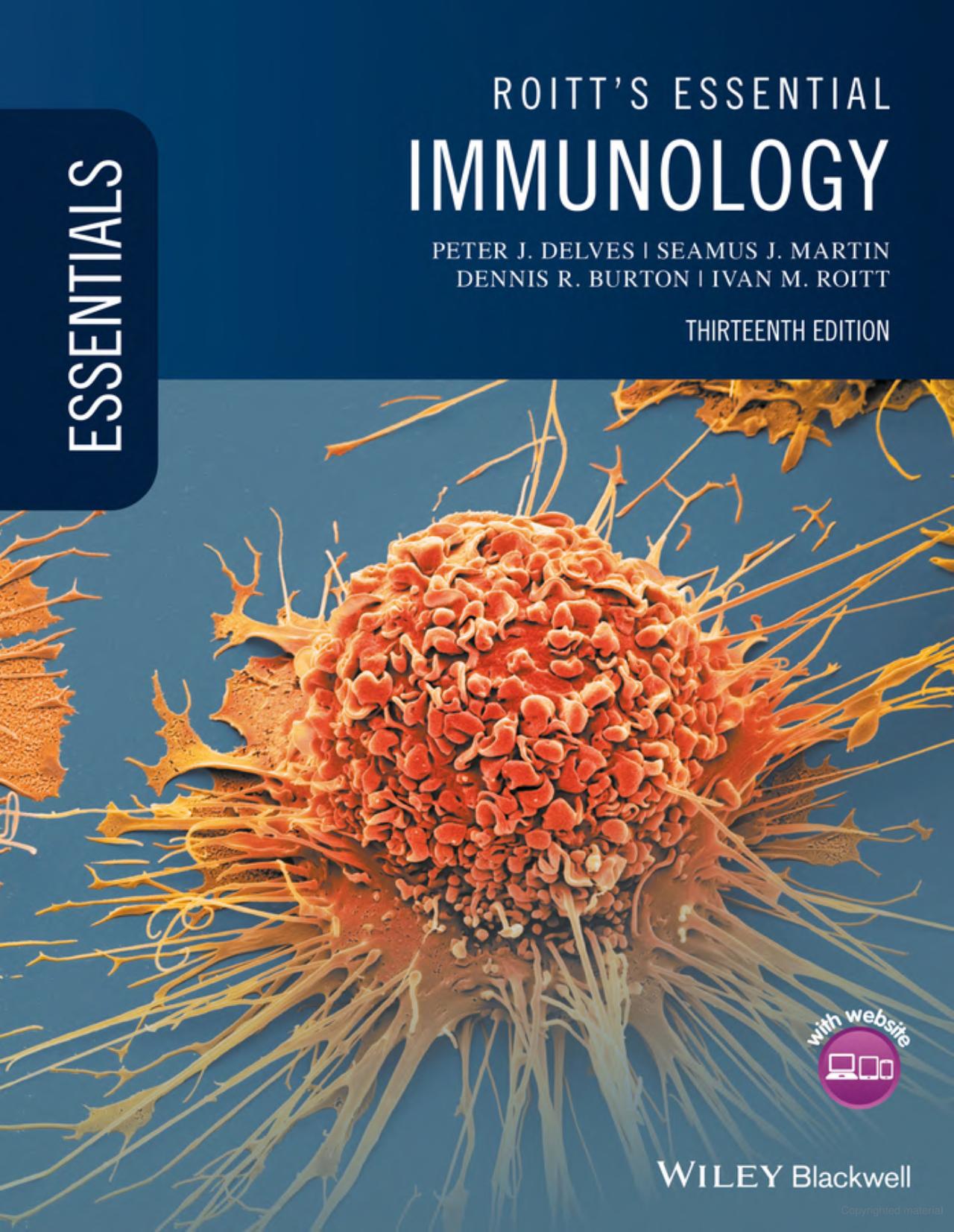
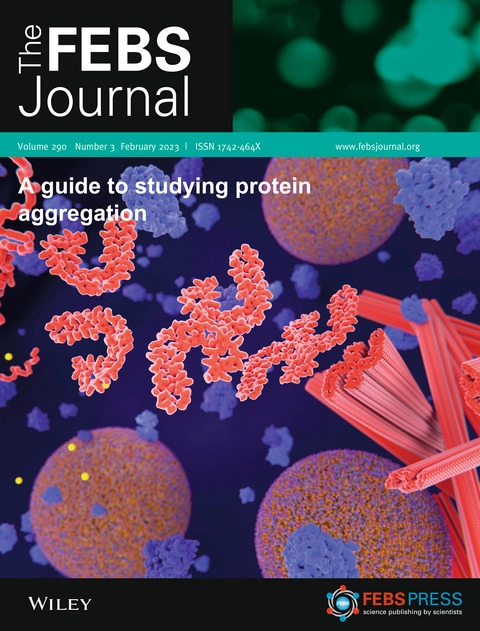
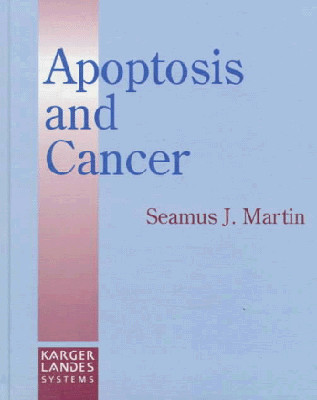
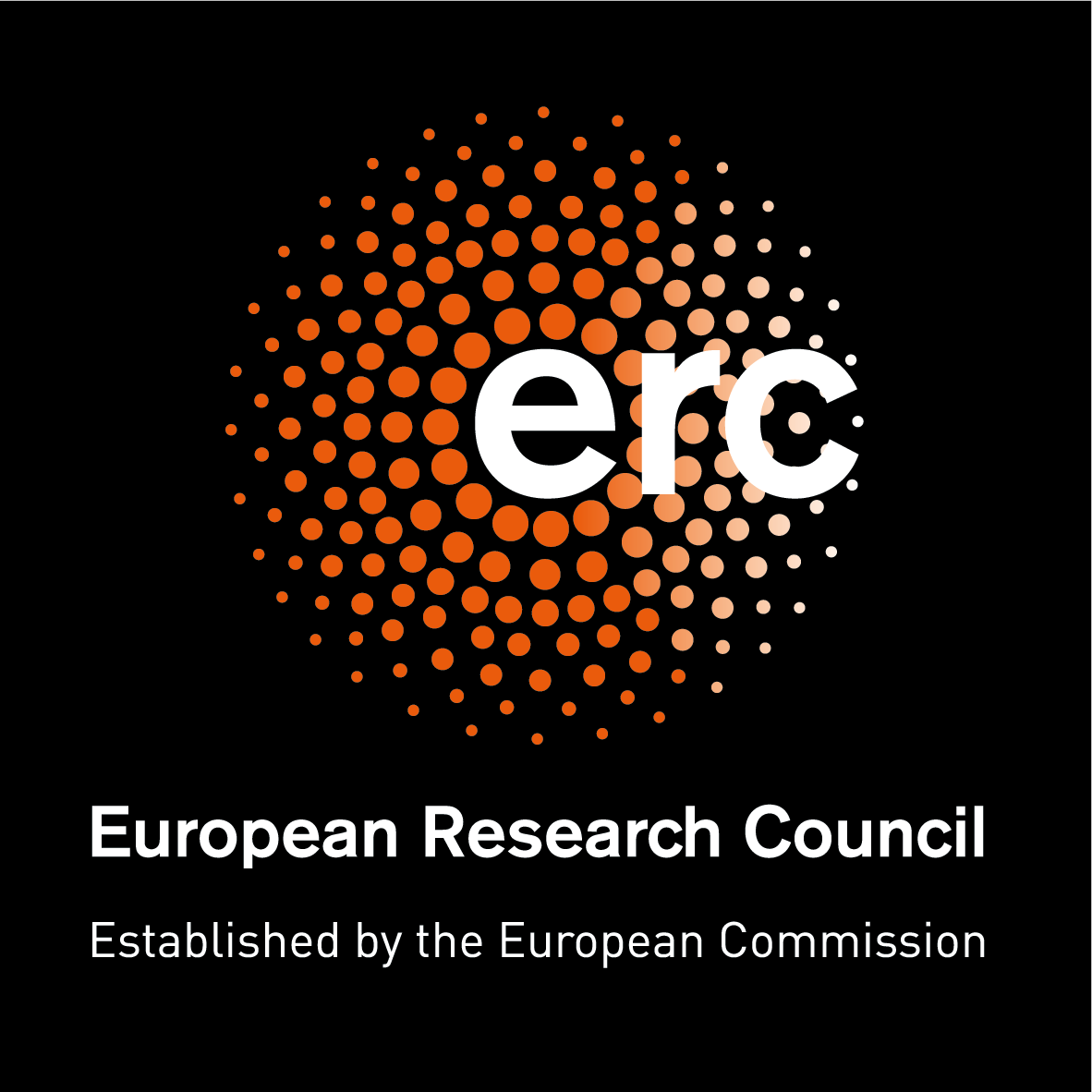
About
Seamus Martin is the holder of the Smurfit Chair of Medical Genetics (since 1999), within the Smurfit Institute of Genetics, at Trinity College Dublin, Ireland. He has an international reputation in the field of programmed cell death (apoptosis), which plays a key role in the development and function of the immune system, and is one of the most highly cited scientists in the world on this topic. He was elected to the Royal Irish Academy in 2006, to the European Molecular Biology Organisation in 2009 and received The RDS/Irish Times Boyle Medal in 2015, Ireland's highest scientific honor. The Martin Laboratory is supported by an ERC Advanced grant as well as an Irish Research Council Advanced Laureate Award.
Seamus is a PhD graduate of The National University of Ireland (1990) and has held post-doctoral fellowships at University College London, UK (1990-1993) and The University of California, San Diego, USA (1994-1997). He is a co-author of the 11th, 12th and 13th editions of the classic Immunology textbook 'Essential Immunology' and is Editor-in-Chief of The FEBS Journal, a leading Life Sciences journal (published every 2 weeks). Prof. Martin is the past President of the European Cell Death Organization (ECDO) from 2017-2019, an international professional society that organizes major scientific meetings annually.
He serves (or has previously served) as an editorial board member and receiving editor of several journals including:
Cell Reports (Cell press)
Science Signaling (AAAS)
The FEBS Journal (FEBS Press & Wiley)
Oncogene (Nature Publishing Group)
The Journal of Biological Chemistry (ASBMB)
Cell Death and Differentiation (Nature Publishing Group)
Oncogenesis (Nature Publishing Group)
FEBS Open Bio (FEBS Press & Wiley)
The Martin laboratory works on all aspects of programmed cell death (apoptosis), especially the links between cell death, inflammation and cancer. We demonstrated that phosphatidylserine exposure is a global marker for apoptosis and this has become the gold standard for measuring apoptotic cell death (Martin et al., 1995 The Journal of Experimental Medicine). We also developed mammalian cell-free systems for the study of apoptosis (Martin et al., 1995 & 1996 The EMBO Journal) unravelled the apoptosis-associated caspase activation cascade (Slee et al., 1999 The Journal of Cell Biology), and the granzyme B-initiated caspase activation cascade (Martin et al., 1996 EMBO J; Adrian et al., 2006 JBC), showed that oncogenic Ras promotes autophagic cell death (Elgendy et al., 2011 Molecular Cell), that Fas and TRAIL 'death receptor' engagement can also lead to pro-inflammatory cytokine production (Cullen et al., 2013 Molecular Cell; Henry & Martin., 2017 Molecular Cell), that Parkin activation can promote apoptosis (Hollville et al., 2014 Molecular Cell; Carroll et al., 2014 Cell Reports) and discovered the mechanism of IL-1alpha and IL-36 activation (Afonina et al., 2011 Molecular Cell; Henry et al., 2016 Cell Reports). Our work has been cited over 50,000 times to date (h-index 100). Please see examples of our recent work on our publications page.
Professor Martin has received several prestigious national and international awards for his research including:
Wellcome Trust International Prize Fellowship (1994-1996)
Wellcome Trust Senior Fellowship (1996-2001)
Science Foundation Ireland Principal Investigator Awards (2002-2007, 2008-2014; 2015-2020)
The BA Charles Darwin Award (2005)
The GlaxoSmithKline Award of The Biochemical Society UK (2006)
The RDS-Irish Times Boyle Medal (2015), Ireland's highest scientific honor, awarded every 4 years The International Cell Death Society, New York, Career Award (2016)
The European Research Council (ERC), Advanced Grant (2021)
Current Lab Members
RDS-Irish Times Boyle Medal Award Ceremony
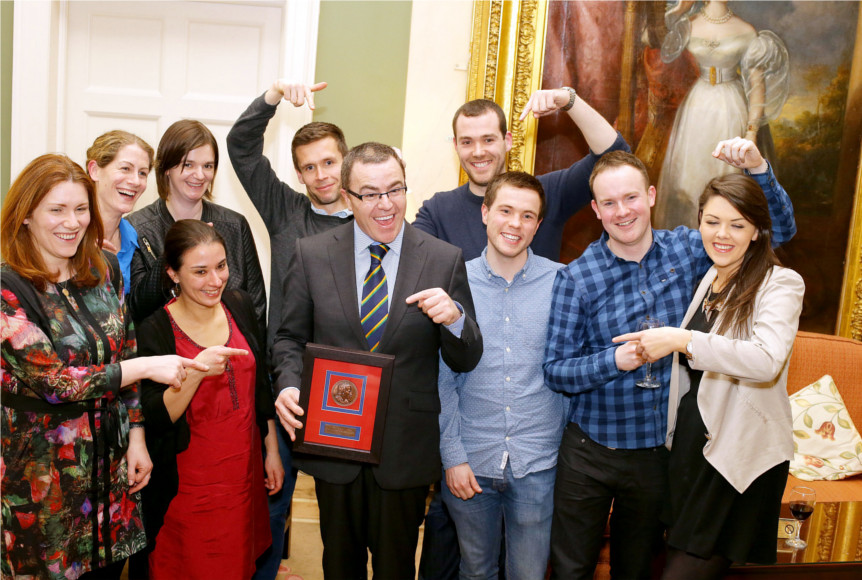
With James D. Watson at Genetics Symposium, TCD 2008
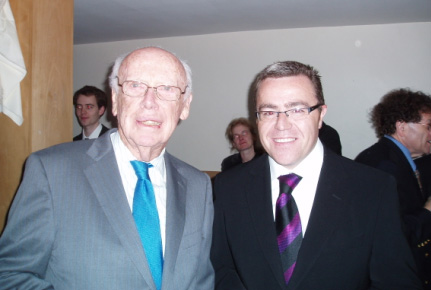
Interested in working in our group?
We are always interested in recruiting talented and motivated people to the lab.
Please contact Seamus (martinsj@tcd.ie) for further details.
Relevant Links
RDS Boyle Medal Lecture
View Video
The FEBS Journal Editorial Board
View Link
The CASBAH (Caspase Substrate dataBAse Homepage)
View Link
Highly cited labs in Apoptosis
View Link
